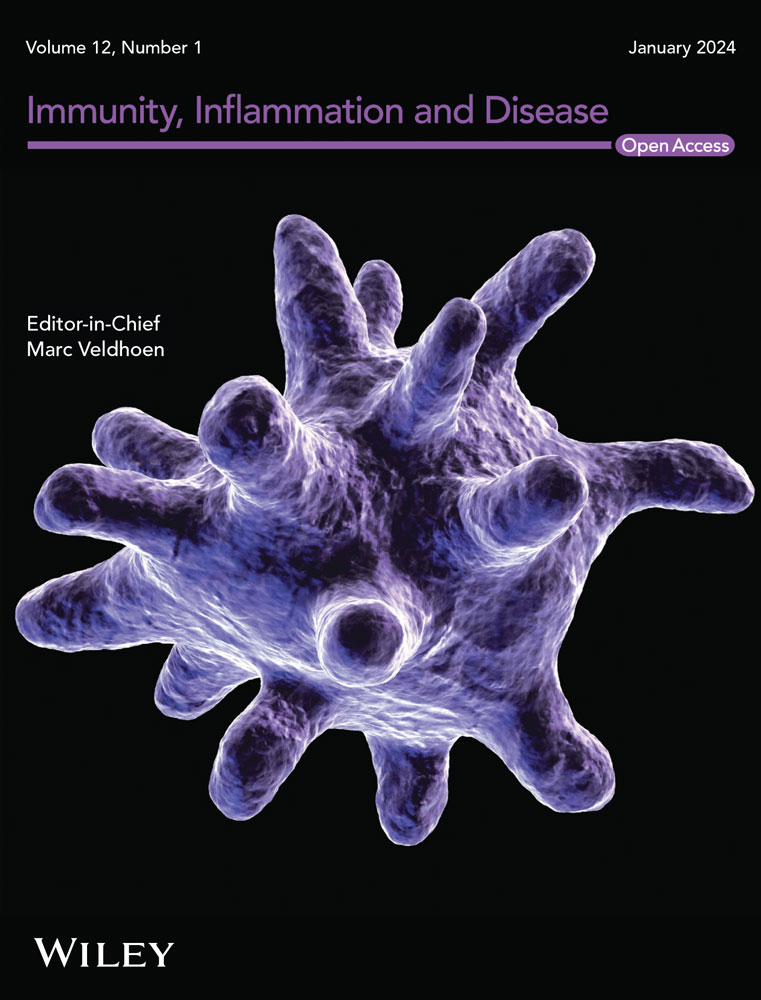Long-Term Follow-Up of Patients With Positive Antiphospholipid Antibodies After Fetal Death: Five Typical Cases From a Prospective Cohort Study
Abstract
Background
Testing of antiphospholipid antibodies (aPLs) has attracted increasing attention for its association with thrombosis and pregnancy loss. However, few studies reported long-term monitoring outcomes of patients who experienced pregnancy loss and exhibited positivity for aPLs.
Objective
We investigated the causes of fetal death in five cases with positive aPLs and traced the patients for changes in aPLs, subsequent pregnancy outcomes, and thrombotic events.
Methods
This is a report of five typical cases from a prospective cohort study on the diagnosis of antiphospholipid syndrome (APS) in patients who were hospitalized for fetal death in Xining, China. Long-term follow-up was conducted and repeat aPL testing was recommended when the patients were confirmed or suspect APS.
Results
All five patients had subsequent pregnancies that resulted in term livebirths. None of the patients experienced thrombotic events. One showed progression of aPL serostatus from alone IgM of aβ2GP-1 to both IgM and IgG of aβ2GP-1, two exhibited fluctuation of aPL serostatus, and one had negative conversion, and the other one had not retested aPLs and did not receive any intervention with uneventful subsequent pregnancy.
Conclusions
The aPLs of a patient with APS may develop or may disappear, so long-term monitoring cannot be discounted. Also, a woman who has experienced fetal death and exhibits positivity for aPLs may not necessarily be a patient with APS, as there are a variety of conditions in which aPLs appear.

 求助内容:
求助内容: 应助结果提醒方式:
应助结果提醒方式:


